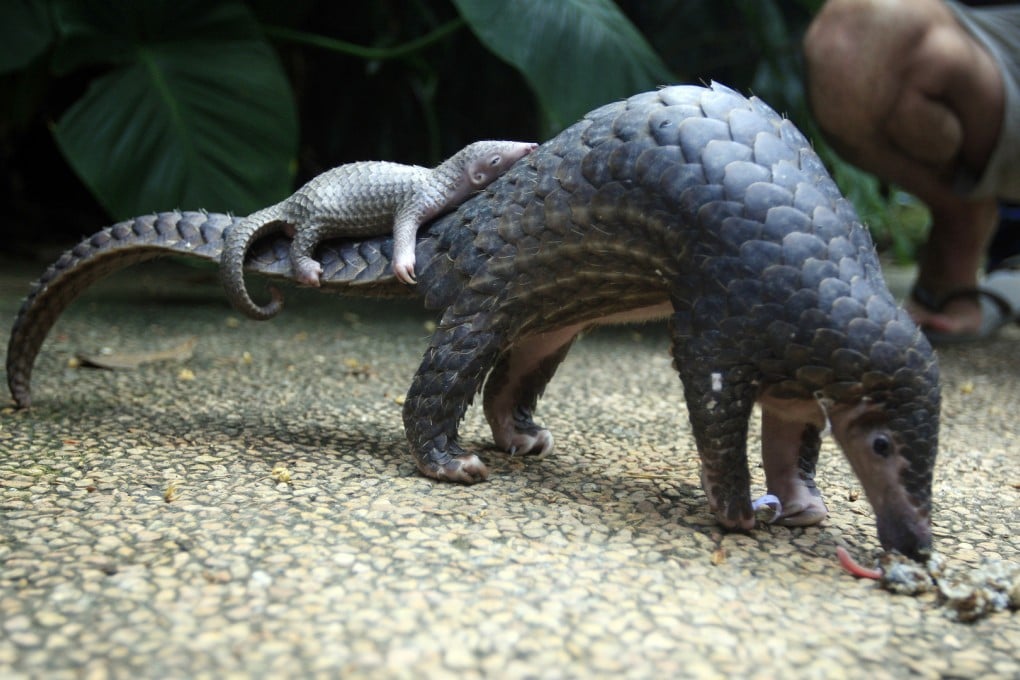Put Chinese 'medicinal' products to the test, for sake of rare species
Paul Stapleton says our youth must be taught to question old beliefs

The recent news that three tonnes of pangolin scales worth HK$17 million were found by authorities here in Hong Kong comes as no surprise.
The transshipment of body parts of endangered animals for markets here, and especially mainland China, follows a regular pattern and frequency.
Customs seize a large quantity of an endangered species' body parts. Police (occasionally) arrest the smugglers. And the goods are destroyed.
Weeks or months later, the cycle is repeated for another endangered species.
The part that often creates the biggest news story is ivory from elephants, and while the origin of this product is invariably tragic, the final product forged from this raw material at least does not have its beginnings with myths based on magical health cures.
Pangolin scales are another story. The unfortunate animal from which this "medicinal" product comes has the doubly bad luck to be considered delicious.